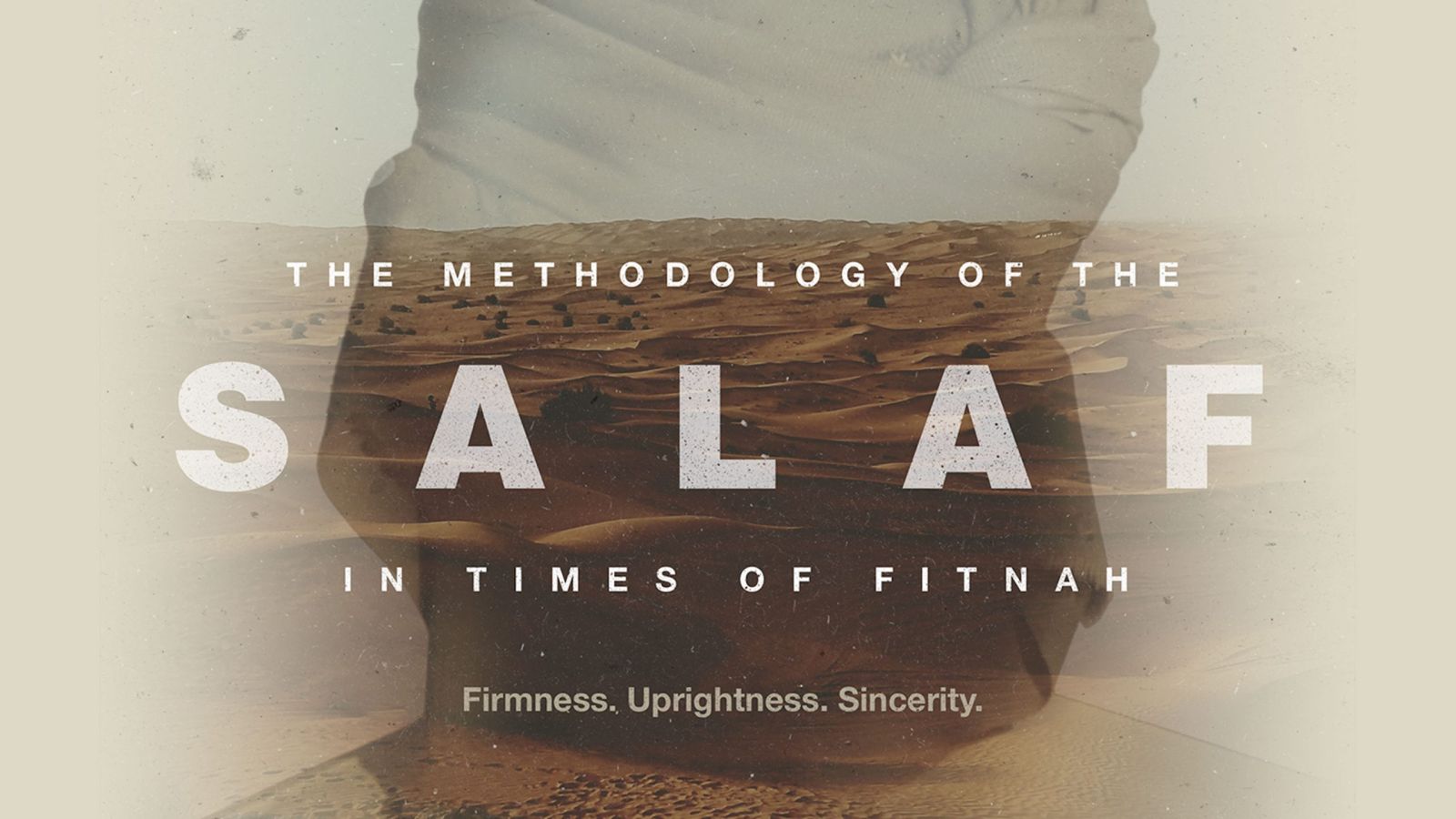The Value of Looking at Those Less Fortunate and Showing Gratitude for Allāh’s Blessings
Imām ʿAbd al-Raḥmān ibn Nāṣir al-Saʿdī


Narrated by Abū Hurayrah (رضي الله عنه) who said: The Messenger of Allāh (صلى الله عليه وسلم) said: “Look at those who are less fortunate than yourselves. Do not look at those more fortunate than you. That is more befitting as a way of ridding oneself of scorn and disdain for the blessings of Allāh.”
Narrated by al-Bukhārī and Muslim1
Imām ʿAbd al-Raḥmān ibn Nāṣir al-Saʿdī (d. 1391 AH) comments:
How beneficial is the advice given in this ḥadīth! It contains words that are both healing and comprehensive. It proves that one should show gratitude to Allāh through recognition of His blessings, speaking about them to others, utilising them as a means of showing obedience to the Bestower of that blessing, and carrying out every action that aids one in showing gratitude. For gratitude to Allāh is at the very head of worship, the foundation of all goodness, and the greatest of compulsions for the slave of Allāh. Indeed, the slave of Allāh possesses no blessing, whether it be apparent or hidden, specific to him or encompassing the entire creation, except that it is from Allāh. He is the One who brings forth all goodness and acts of righteousness, and prevents his slaves from engaging in evil and misdeeds. Thus, it is most befitting that those slaves of Allāh show gratitude to Him to the very utmost of their abilities. Just as it is incumbent upon them to carry out every action that would facilitate and aid in the displaying of this gratitude.
It is for this reason that the Prophet (صلى الله عليه وسلم) guides us in this ḥadīth to an amazing cure [for ungratefulness], among the strongest means by which one is encouraged to show gratitude for the blessings of Allāh. It is: Every servant of Allāh should stay mindful, at all times, of those less fortunate than him in terms of their intellect, lineage, wealth, and other categories of blessings. Perpetually remaining in a state of awareness of this disparity forces one to be magnanimously grateful to his Lord, praising and commemorating Him. For there will always exist large portions of the creation that are less fortunate in these characteristics by several degrees. Many of them aspire to be given even close to what others have been granted from health, wealth, provisions, physical wellbeing and morals. Thus it is most befitting that one praises Allāh frequently saying:
All praise be to Allāh, who has bestowed countless blessings upon me, and showed preference to me above many of those He has created with a marked preference.
Let him look at how many of the creation have completely lost their intellect such that he praises Allāh who has perfected and completed his faculties. Let him look towards how many of the creation do not possess stored provision, nor homes that they take as a place of dwelling. All the while he abides in comfort and tranquillity in his domicile, before him a wide array of provision. He sees many of the creation afflicted with types of sicknesses, plagued by all varieties of illness. All the while he is healthy and free of any such affliction. Let him look towards how many of the creation have been tested with a complete corruption of their religion, and perpetration of all kinds of detestable, contemptible, actions of obscenity. All the while Allāh has protected him from such actions, or a great many of them.
Let him look towards those among the creation afflicted with stress and worry, completely overcome by depression and constant negative self-talk, their chests constricted [in despair and grief]. While he is free from such afflictions, his heart is in a state of peace and calmness, blessed by Allāh. To the extent that even if he was destitute he may surpass many of those more wealthy than him by means of this blessing—the blessing of complete and utter satisfaction and a tranquil heart.
Even those who are tested with some of these afflictions shall find many others that are in an even worse state, experiencing catastrophes that are even more severe. So let him praise Allāh for his allotment of safety and easing of his test. For there is no calamity except that another more severe one exists.
Whoever is blessed by Allāh to adopt that which the Prophet (صلى الله عليه وسلم) has guided towards in this ḥadīth will find his sense of gratitude strong, continuously increasing. Just as the blessings of Allāh descend upon him perpetually, one after the other.
As for those who choose the inverse of this matter, opting instead to raise their gaze to observe those more fortunate than them in health, wealth, provision, and that which is attributable to these factors, they will undoubtedly fall into extreme disdain and scorn for the blessings of Allāh. Becoming completely devoid of His gratitude. When gratitude is lost, the abandonment of blessings shall follow. Afflictions vie with one another to reach such a person. Furthermore, he is tested with perpetual anxiety and sadness, annoyance at whatever good he has been granted. In a state of displeasure with Allāh as his Lord and Controller of Affairs. This is representative of great harm in both his worldly life and his religious state. A clear and plainly evident state of loss.
Know that whoever chooses instead to contemplate the plethora of Allāh’s blessings, gaining complete awareness of His apparent and hidden favours, realising fully that those blessings and favours were granted purely from Allāh’s goodness and graciousness, and that he is unable to enumerate or fully encompass even a single class of Allāh’s blessing, much less all the different spheres of blessing, much less showing gratitude for all of them, will find no recourse except complete admittance of those blessings. Praising and commemorating Him frequently. While also feeling ashamed and humble before Him that he should utilise that which he has been blessed with as a means to engage in that which is displeasing or hated by Him. Rather, this realisation stipulates shyness from his Lord which represents one of the greatest branches of īmān. He is ashamed that his Lord should see him engaging in that which he has been forbidden, or that he shows negligence towards an action he has been ordered to engage in.
It is because gratitude acts as a focal point for goodness, a means by which goodness is put forth, that the Prophet (صلى الله عليه وسلم) said to Muʿādh (رضي الله عنه): “Indeed, I love you. So never leave off saying after every obligatory ṣalāh:
اللَّهُمَّ أَعِنِّي عَلَى ذِكْرِكَ وَشُكْرِكَ وَحُسْنَ عِبَادَتِكَ
O Allāh! Aid me in your remembrance, your gratitude, and engaging in correct acts of worship.”2 He also used to say:
اللَّهُمَّ اجْعَلْنِي لَكَ شَكَّارًا، لَكَ ذَكَّارًا، اللَّهُمَّ اجْعَلْنِي أَعْظَمَ شُكْرِكَ، وَأَكْثَرَ ذِكْرِكَ، وَأَتْبَعَ نُصْحِكَ، وَأَحْفَظَ وَصِيَّتِكَ
“O Allāh! Allow me to be thankful to You, in a state of remembrance of You. O Allāh! Allow my gratitude to You to be magnanimous, my remembrance of You frequent, adherent to Your advice, closely abiding to Your directives.”3
The greatest of those who show gratitude [i.e. the Prophet (صلى الله عليه وسلم)] has admitted as to the inability to truly show gratitude for the blessings of Allāh. This is in his (صلى الله عليه وسلم) saying: “I cannot enumerate my praise for You. You are as You have praised yourself.”4 And Allāh knows best.
Endnotes:
[1] Authentic: Narrated by al-Bukhārī: 6490 and Muslim: 2963.
[2] Authentic: narrated by Abū Dāwūd: 1522 and al-Nasāʾī:1303. Graded authentic by Shaykh al-Albānī in Takhrīj al-Kalim al-Ṭayyib: 114.
[3] Authentic: narrated by Abū Dāwūd: 1510 and al-Tirmidhī: 3551. Graded authentic by Shaykh al-Albānī in Ṣaḥīh al-Tirmidhī: 2816.
[4] Authentic: narrated by Muslim: 486.
Source: Bahjah Qulūb al-Abrār: 61-63
Translated by: Riyāḍ al-Kanadī
Most Popular: Last 30 Days

















